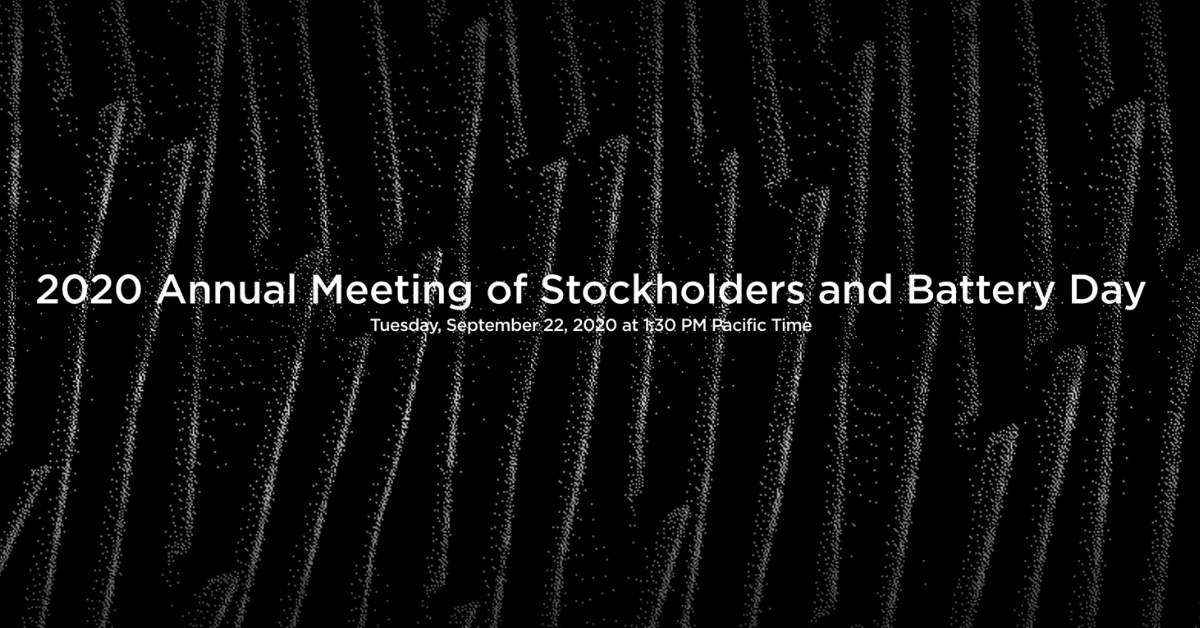We expect two key takeaways from tomorrow’s Battery Day. First, the company will frame in how to it expects to ramp vehicle production from 500k per year to 15m per year in the next decade. Second, Battery Day should show that Tesla is becoming an energy company based on its strategy and defensible lead on a critical component of an EV future, the battery. We expect tomorrow’s event to be technical in nature, similar to Autonomy Day last year. This is noteworthy because the long-term significance of Tesla’s announcements and approach are often missed by investors in the near-term. In the end, we believe Tesla is becoming an energy company and redirecting technologies and processes it has developed while making cars into new markets like home energy storage, HVAC, and other to-be-revealed segments.
Producing batteries faster
Today, EVs account for about 3% of cars sold globally. We expect that number to climb to about 40% in the next decade. Tesla has an opportunity to parlay its current 80% EV market share in the US, along with about 20% in Europe and Asia, into a massive business in the years to come. To be successful, the company needs to ramp its production of batteries. Specifically, Tesla needs a dramatic increase in its battery line speed, aka, manufacturing output. To that end, the most important factor is the number of gigawatt-hours (GWh) the company can produce per year. Currently, the company can produce about 35 GWh/year. In order for Tesla to capitalize on the EV curve and produce 15m vehicles per year, annual GWh production needs to increase by roughly 28x, to 1 terawatt-hour (TWh). The company also has a goal to accomplish this battery ramp with as few production lines as possible. Hence the project’s name: Project Roadrunner.
Tesla is becoming an energy company
For many, the idea that Tesla is becoming an energy company is a stretch. That’s understandable, given it is an evolution of the view Loup has held over the past three years of Tesla as a tech company, not a car company. While it’s true that Tesla is a tech company, we see its approach to building massive future businesses as an evolution. We expect tomorrow will mark the beginning of what will be a slow, 5-year shift in the Tesla investment thesis to an energy company. The first step toward that end is the battery, around which Tesla has an advantage. This advantage has three components: battery chemistry, manufacturing, and the software that manages it. The end result will be an increasing pace of battery production, while at the same time trimming the production cost. This in turn will lower the cost of the vehicle to the consumer and allow Tesla to defend its outsized market share.
